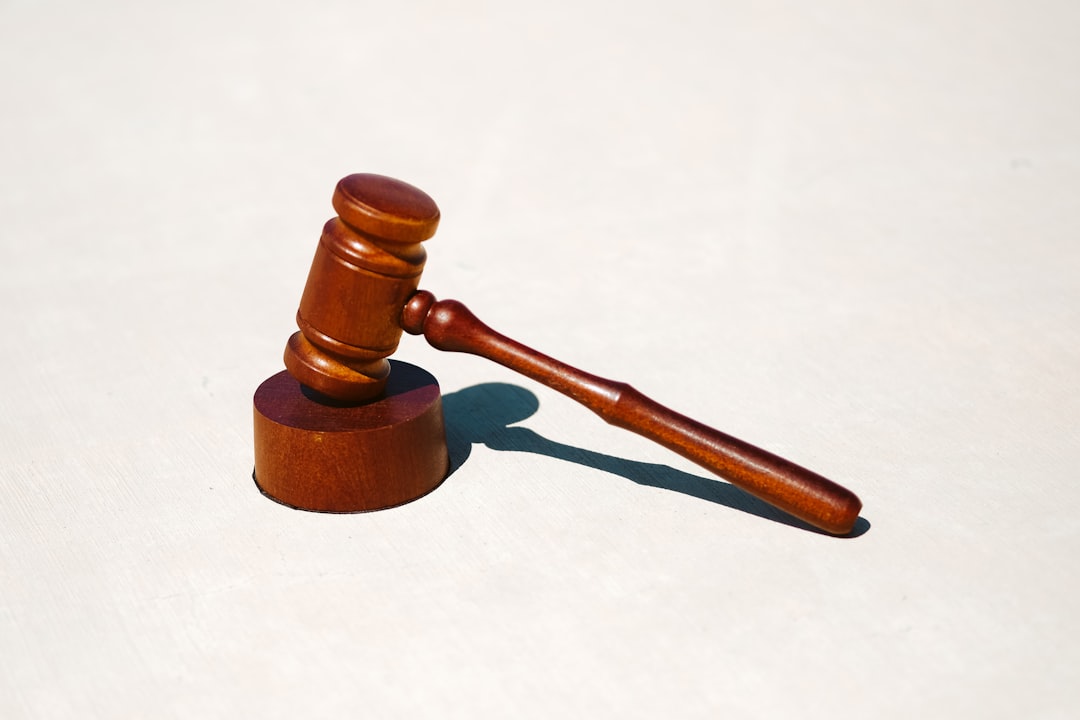In South Carolina, spam calls, especially from debt collectors, are a growing concern. The state has strict laws against excessive or deceptive automated telephone marketing, offering protections to consumers. A specialized Spam Call law firm South Carolina plays a vital role in prosecuting violations, holding debt collectors accountable, and safeguarding consumer rights. Individuals experiencing unwanted debt collection practices can take legal action, seeking compensation for damages caused by illegal methods, including emotional distress and statutory violations. Consulting an experienced local Spam Call law firm South Carolina is crucial to navigate these complex cases and achieve the best outcome.
In South Carolina, a rising tide of spam calls from debt collectors has led to significant legal repercussions and damages for many residents. This article explores the intricate world of debt collection laws, with a focus on South Carolina’s robust protections against abusive practices. We delve into when a debt collector’s behavior crosses the line, specifically examining cases where individuals have successfully sought justice through lawsuits. Understanding these legal avenues is crucial for those facing relentless spam calls, empowering them to take action via a reputable Spam Call law firm in South Carolina.
Understanding Spam Calls and South Carolina's Laws

In recent years, the rise of spam calls has become a significant concern for residents in South Carolina and across the nation. These unwanted telephone marketing calls, often from automated systems or call centers, can be persistent and invasive. While many people consider them a nuisance, South Carolina’s laws provide certain protections against excessive or deceptive spam calls.
The Spam Call law firm South Carolina has been actively involved in prosecuting cases where debt collectors have violated these laws. Under South Carolina law, telemarketers must comply with specific regulations, including obtaining prior express consent from recipients before making automated calls and providing clear disconnection instructions during each call. Failure to adhere to these rules can result in substantial damages for affected individuals, setting a precedent for holding debt collectors accountable and ensuring consumer rights are protected.
When Does a Debt Collector's Behavior Become a Legal Issue?

In South Carolina, like many states, debt collectors are bound by strict regulations to ensure fair and ethical collection practices. When a debt collector’s behavior crosses the line from persistent to harassing or violates federal and state laws, it can lead to legal issues. One common area of concern is unsolicited phone calls, often referred to as spam calls, which are prohibited under South Carolina’s Spam Call law firm regulations.
If you’ve been subjected to repeated, unwanted debt collection calls, excessive threats, or false representations regarding your debt, you may have grounds for legal action. Understanding your rights and the boundaries set by the law is crucial. Consulting with a reputable law firm specializing in debt collection lawsuits can help protect your rights and secure compensation for any damages incurred due to their illegal practices.
Exploring Damages in Debt Collector Lawsuit Cases

In debt collector lawsuit cases, exploring damages is a critical aspect that can significantly impact the outcome for both parties involved. When a South Carolina resident feels they’ve been wronged by a debt collection agency due to spam calls or other unlawful practices, seeking legal recourse through a lawsuit becomes an option. The damages sought can cover a range of losses, including emotional distress caused by harassment, violations of state Spam Call laws, and actual monetary losses incurred because of the collector’s actions.
These cases often turn on specific elements like the frequency and nature of the calls, whether there was any valid debt owed, and the collector’s adherence to legal guidelines. A successful plaintiff in a South Carolina court may be entitled to compensatory damages, punitive damages, attorney fees, and even statutory penalties for violations of consumer protection laws, making it crucial to consult with an experienced local law firm specializing in these matters.






